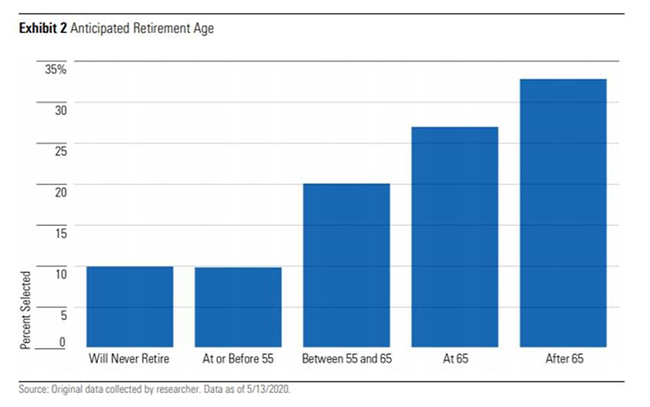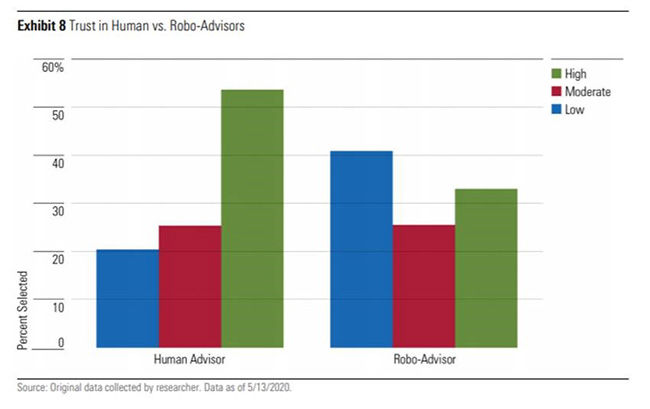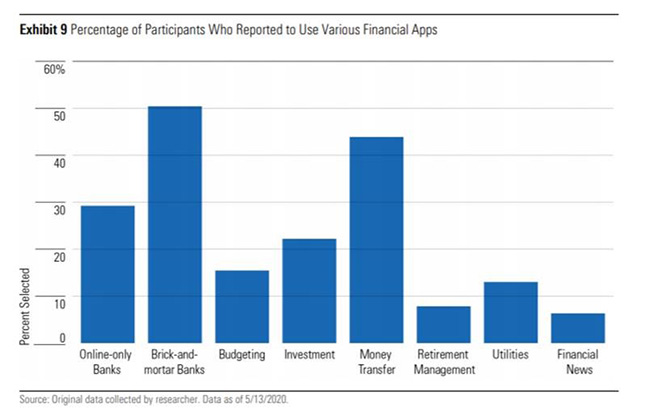
Despite the economic uncertainty caused by the coronavirus epidemic, young adults in generation Z are constructing the foundation of their professional and personal lives. Important milestones have not paused. Young adults are getting admitted into and are graduating from college, obtaining their first jobs, and for some, even buying their first homes.
Gen Z is defined as anyone born between 1995 and 2010; they are the newest generation of young professionals and they face huge challenges, not least because of the current global pandemic and inevitable recession.
But insights into the attitudes and behaviours of this huge and diverse generation are thin on the ground. Morningstar has polled more than 1,300 US adults aged between 18 and 25 to find out more about their views on retirement, debt, homeownership, investing and financial knowledge.
We came to a few key conclusions: this cohort is fairly optimistic about their financial future; they see financial education as important and have little experience with investing currently; and they see the benefit in using financial technology.
Gen Z and Finance: The Findings
Although times are bleak for many, the survey results suggest that young adults are largely keeping their heads up. Thinking to the future, the majority are confident they will be able to retire and, indeed may be the most optimistic generation about retiring early.
Their predictions could be spot on if their savings habits are anything to go by. Full-time employees in our samples saved on average the equivalent of 6.01% of their salary, and plan to increase this to 6.16%.
Some 60% of those surveyed say retirement is an important topic to learn about. Around half have discussed the subject with their parents, and 23% discuss it frequently. There’s still a lot to learn, however, and while some respondents say they have a moderate amount of financial knowledge, some 64% haven’t taken any classes on financial topics and just 30% have seen a financial adviser. But for more than three-quarters of Gen Z, paying down debt is more important at the moment than saving for retirement.
Investment Insights
Some 35% of Gen Z members we surveyed consider themselves to be an investor, and 57% claim to be interesting in investing “to some degree”. Surprisingly, just 22% of this tech-savvy generation have used a robo-advice service, saying they feel a greater degree of trust for face-to-face advice.

While every single participant said they use at least one financial app – whether its for banking, budgeting or investing – just 63% find them useful.

The newest generation of professionals, consumers and investors are interesting in beginning their financial journeys and generation Z appears optimistic about the future, even despite the Covid-19 epidemic. They acknowledge the importance of financial education, are concerned about debt, and are even beginning to prepare for retirement. These young adults seem motivated to face the challenges that awaits them and are already developing healthy financial practices. Perhaps with a little help from friends, family (and financial advisers), the next generation could be the most successful to date.
Note: For our generation Z research, we surveyed a total of 1,111 participants, with weighting for age and gender based on the U.S. Census. We conducted our survey between April 8 and April 23, 2020, using two waves of participants from April 8-13 and April 20-23.




























